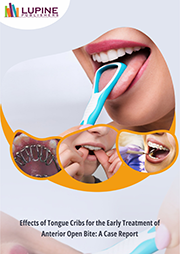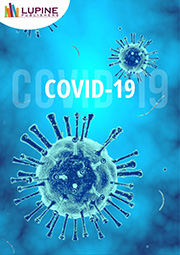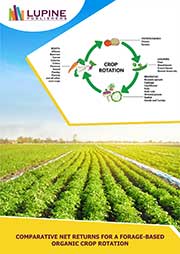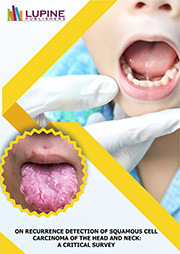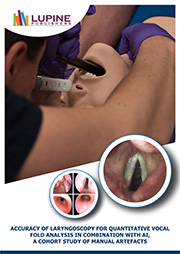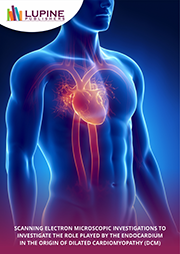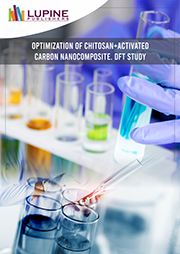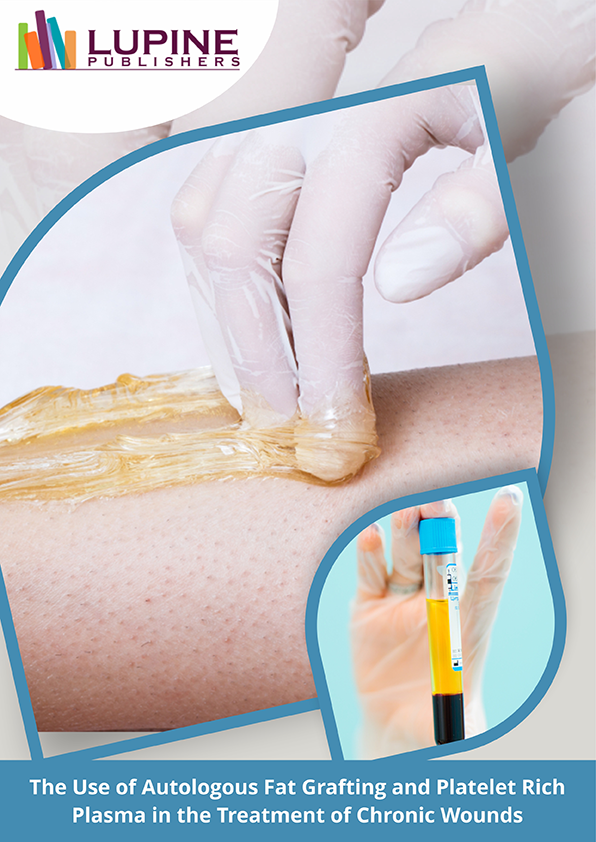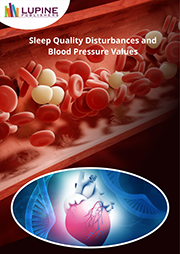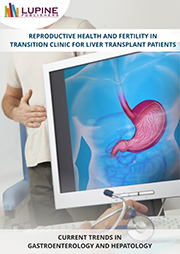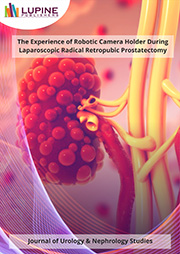Lupine Publishers Group
Lupine Publishers
e-Prints
Discovery and Development of an Oral, Small Molecule PCSK9/LDLR Antagonist
by Nabil A. Elshourbagy*, Harold Meyers, Sherin S Abdel-Meguid, Kavitha Godugu, Taher A Salaheldin, Dhruba J Bharali and Shaker A Mousa
Abstract: PCSK9 is a well validated target for the treatment of hypercholesterolemia. Several pharmaceutical companies focused on the development of injectable monoclonal antibodies. Shifa Biomedical has focused on developing orally bioavailable small molecule PCSK9/LDLR antagonists. PCSK9 antagonists were identified through virtual screening at the PCSK9 surface where the LDLR-EGF-A binds. An SAR study of many analogues were done for their ability to antagonize the PCSK9/LDLR interaction in an in vitro ELISA assay, upregulate the LDLR in a cell-based assay, and increase LDL uptake in a fluorescent Dil-LDL assay. The most potent compound meeting these criteria was P-4, formulated by a nanocrystal/targeted delivery approach for the in vivo studies. Nano formulated P-4 was named P-21. P-4 exhibited a concentration-dependent inhibition of the PCSK9/LDLR interaction with an IC50 in the nanomolar range, an increase in the level of LDLR in recombinant cell-based assays, and a significant increase in the fluorescently labeled DiI-LDL uptake in the nanomolar range. P-4 also exhibited a good safety profile as demonstrated in vitro and in in vivo animal models. P-21 showed improved PK and PD of P-4. Oral administration of P-21 at 1, 3, 10, and 30 mg/kg in C57BL/6 mice fed a high-fat diet resulted in approximately a 20, 40, 60, and 90% LDL-C lowering, respectively. The identification of a small molecule orally bioavailable antagonist against PCSK9 could lead to a new class of therapies to treat hypercholesterolemia, especially for those patients that are statin resistant or stain intolerant.
View PDF




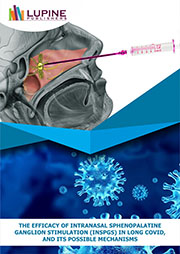
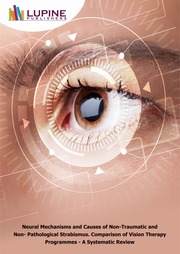
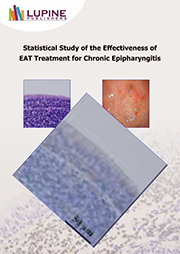
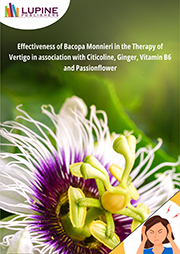

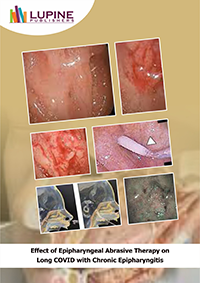
.png)
